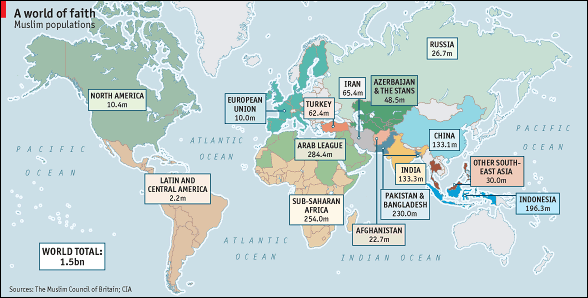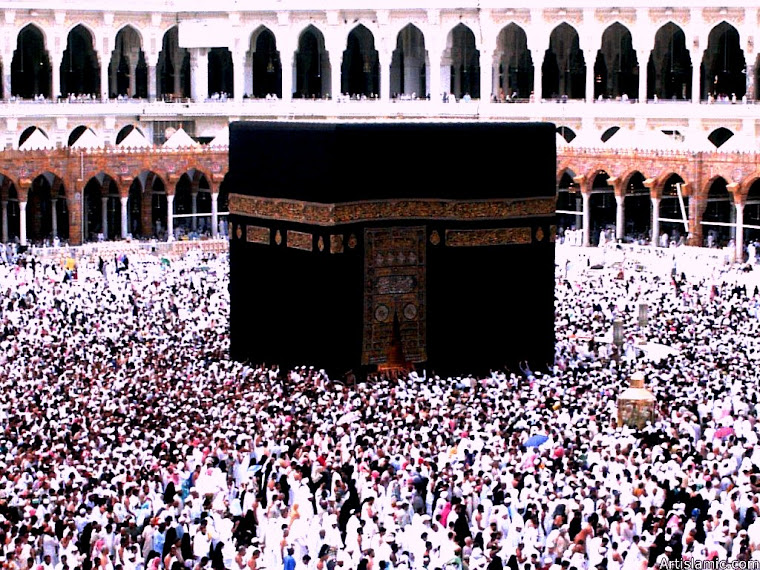The 'Twenty Years Crisis' which is considered as the first scientific treatment of empiricism in modern politics. In his youth, Carr was a liberal, believing in free trade and social reform. But in the early 1930s the Great Depression convinced him that capitalism was bankrupt and must give way to a system in which the state played a crucial role. He argued that the failure of competitive capitalism meant that there could be no return to the individualistic democracy of a privilege class or to the weak state exercising only police functions. He also stated that everyone is committed to mass democracy, to egalitarian democracy, to the public control and planning of the economic process, and therefore to the strong state exercising remedial and constructive functions.
This book was in processed before World War II, thus predicting a prelude to a global war i.e. states' interests are paramount in world politics and creating a conflicting ideas between realism and idealism. One of the main points that he was trying to assess is that British academics and intellectuals were idealists neglecting power in international politics. This is due to the fact that he is regarded in official circles as “pro-Soviet,” and refused senior posts in the London School of Slavonic and East European Studies, the University of Oxford, and Kings' College, Cambridge. In this pattern, i am trying to compare Carr's personal thinking and the period he lives in, which led me to an individual level of analysis. Somehow and more frequent, his personal being affects his thinking in formulating theories as to whether it is timely or not.
Pointing out the significance of power in Carr's literary works; he forcefully assures that power is an essential ingredient in international politics. But he left unclear bases or grounds on the ontological perspective or rationale of concept of power in realism. British academics directly attacked his beliefs on the parameter of institutionalism and interdependency. John Mearsheimer of University of Chicago presented three main points of prospects of a new international order with regards to the analogy of Carr's Twenty Years Crisis: (1) Contemporary idealists will not going to transform international politics; (2) It is unwise for idealists to try to marginalized the study of traditional security issues; (3) Pluralism should foster in the broader field of international relations.
Given these three discoursed, I find the last one as contrasting view from the first and second for it promotes idealism while the first two points are trying to halt the impeccable concepts within the circle of idealism. In conclusion, this book does not actually elaborate nor expound the theory of realism but it greatly manifest the concept of power as an important parcel of world politics especially to the dominant actors which are the states. Further, it’s also a greater critique against the hegemonic course of idealism in British academics.
A.M.Nassef



















No comments:
Post a Comment